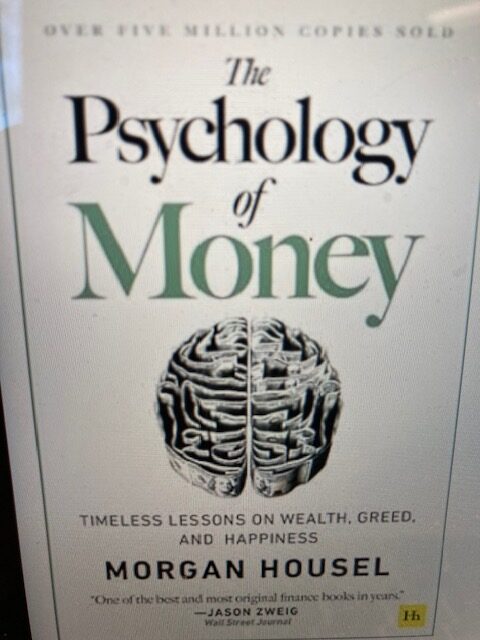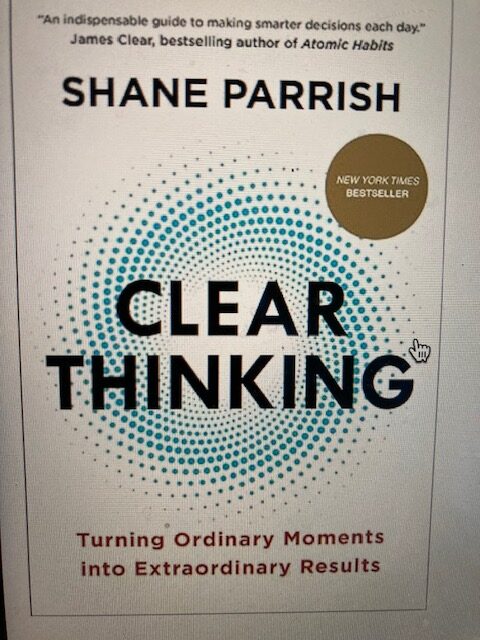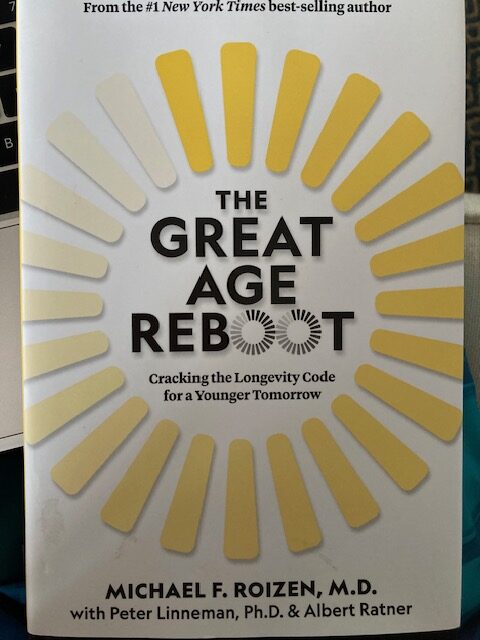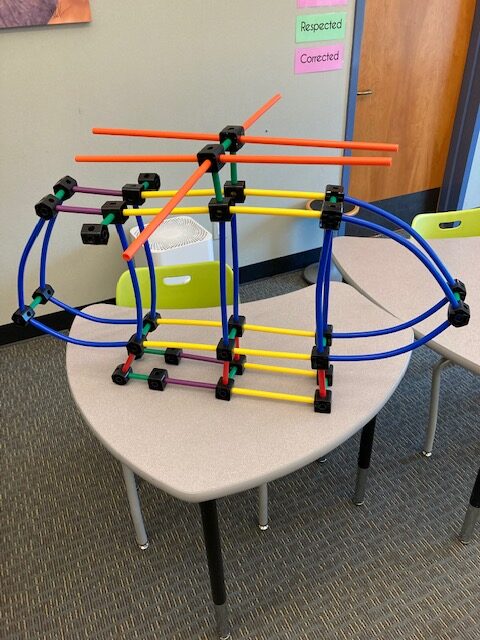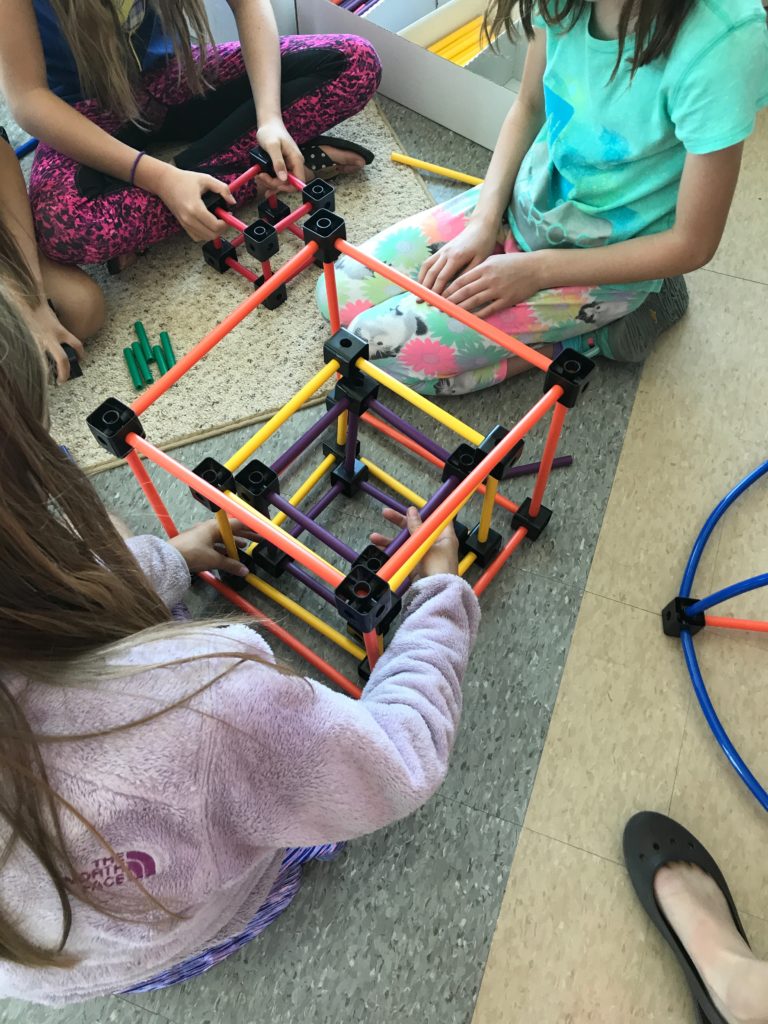I have the very good fortune to work with
colleagues I both like and respect in a K-12 environment that espouses
experiential education as a cornerstone of our programming. Within this
approach to education is an understanding that we purposefully provide space
for children to make mistakes and learn from them. This is fundamental to
fostering the development of strong, independent thinkers and learners.
It has been my experience that at about
fifth grade students cognitively realize that they are indeed independent
people. With this comes the understanding of the responsibility for one’s own
performance in the world, charging the individual and student with challenge,
opportunity, welcome success, and certain failure. If we build into our
education system the caring support to strive with determination through
personal and academic challenges, then we empower students to accept the
vicissitudes of process in their
development. Successful people, using any definition of our choosing, are so
because they have developed the resilience to forge on through the process of
learning and adaptation toward a defined set of goals.
I accompanied students on a field trip. At this facility, my role was merely to support the teaching activities of the facility’s instructors. Facility administrators, it turns out, knew little of our education philosophy, and they were unwilling to adapt themselves to it. They laid out very traditional, strict, and outmoded practices which thoroughly disappointed me. At the beginning of each activity, a very rigid outline was presented, including sanctions for deviations. When students deviated in any way from the facility’s expectations, they were scolded.
My fascination with teaching middle school
children is that they are personally developing concurrently with the delivery
of a school curriculum throughout the school year. Effective educators need an
extraordinary amount of insight and compassion to interact successfully with
children. We are working with young people whose job it is to experiment with,
and test the limits of, acceptable behavior as they experience their interests,
capacities, and limitations first hand. To establish a space that encourages
the individual to ‘intentionally grow themselves’ as opposed to having them
exist within strictly prescribed boundaries stunts their potential. The
practice of explicitly presenting sanctions upfront presupposes unacceptable
failure, and the consequences thereof.
Not all practices work for, or in, all
environments. Ideally, however, we are looking to create an environment where
children develop their best selves both socially and academically. Thankfully,
educators are not merely conduits of information. Rather, we add, through
cogent argument and guidance, to a child’s self esteem and nurture their
journey in finding their own way.
